In every Civilization game, you’ll find civilian units. These are the workforce of your empire, the noncombatants who nevertheless play vital roles in everything from founding cities, to spreading your religion, to working the land.
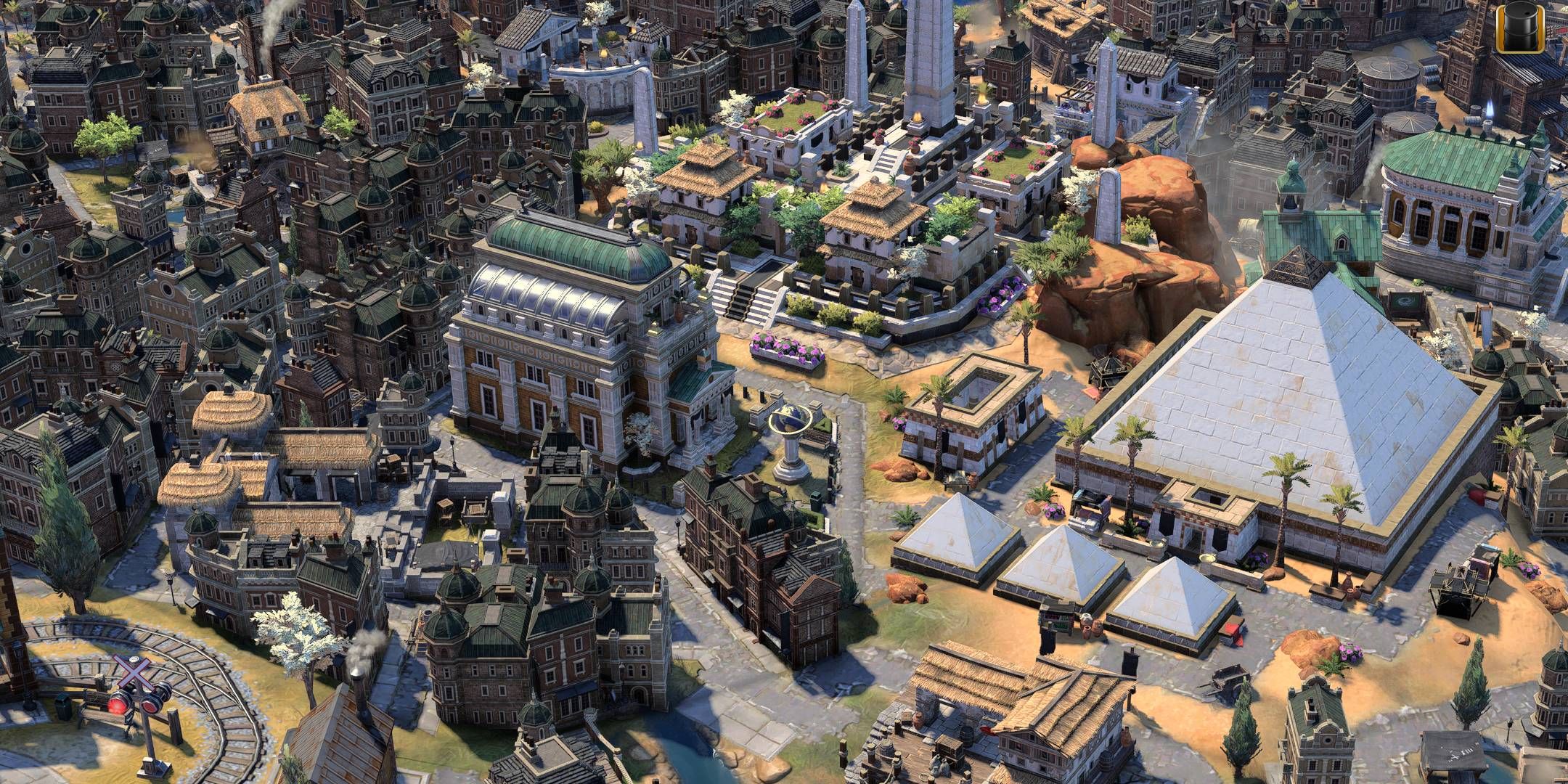
Related
Civilization 7: How Does The Ages System Work?
The Age system is brand-new for Civilization 7. Here’s everything you need to know about what this means for your game.
Well, that last one no longer applies – Workers are gone in Civilization 7. And that’s just one of several shakeups to the civilian unit formula. Thus, we’ve designed this guide as an overview of each type of civilian; you’ll learn their roles, their quirks, and their unique variations. This includes a couple of brand-new types, neither of which should be taken for granted as you continue to forge your path to glory.
Settlers
Any Civilization veteran will have no trouble recognizing the Settler, although Civilization 7’s plethora of major mechanical overhauls has changed things up a bit for this settlement-founding civilian unit.
The big wrench thrown into the mix is that Settlers no longer found cities; they found towns. This is a substantial distinction. When a Settler founds a town, that town will not be able to tap the Production resource to construct anything.
Instead, it will be a steady source of Gold. Once it hits a population of seven or higher, it can be given a specialization, which will further dictate the specifics of its contributions to your cities and overall empire.
What this means, in practice, is that in order to make a new city, your Settler is only the first part of the equation – you’ll need to spend a lump of Gold to turn those towns into cities.
Sokeman: Normal Unique Settlers
Among Exploration Age civilizations, the Normans have their own unique version of the Settler unit: the Sokeman. When using a Sokeman to found a town, the town will automatically be outfitted with Medieval Walls. This is a solid defensive boost for any player is preparing for warfare along their frontiers.
Scouts
Another Civilization series mainstay with a makeover, the Scout is your primary source of exploration throughout the Antiquity Age. With their impressive movement speed and increased sight range, they’re perfect for going boldly into unknown territory.
In Civilization 7, Scouts have another important perk. ongoing espionage. You can set them up with watchtowers to increase their sight range by one for as long as they’re on standby. You can also spend a turn briefly increasing sight range by two.
Unlike in past Civilization games, Scouts cannot attack – only defend – so they won’t work as a last-ditch bastion, nor can they pick up especially weak enemy units in a pinch.
Chasqui: Incan Unique Scouts
If you’re playing as the Inca, you’ll be given Chasqui rather than Scouts. Chasqui have an increased sight range by default, and that sight range ignores the vision restrictions from rough terrain, including mountains.
Merchants
The Merchant is your multi-age cornerstone of trade. You will need to unlock them a second time upon entering the Exploration Age, and you won’t get them until you complete the Economics Civic in the Ancient Age, but apart from these stipulations, you’ll always have them at your disposal.
Merchants, too, work a bit differently in Civilization 7. Rather than assigning a trade destination and watching them automatically set out, you will need to manually send them to a settlement after selecting it.
In theory, this is a silly addition; in practice, it is due to the fact that each settlement has a set number of possible trade routes, so you need to be mindful that you don’t send one too many Merchants when sending them to a specific city or town.
It’s possible to play the game without deploying Merchants, but we don’t recommend it. Without Merchants, you won’t gain access to aa wide variety of Resources; Resources can be slotted into individual settlements within your empire to dramatically boost your output.
Gathering Resources is also vital to the Cultural Legacy Path in the Ancient Age and additional conditions in ages beyond.
Mandarin: Ming Unique Merchants
When playing as the Ming, your Merchants will be renamed Mandarin. In addition to establishing trade routes, Merchants can also use the Create a Road action, which does, well, what it says it does.
The Ming gets a nice bonus when doing so, however: you will gain 100 Gold each time you do so. Since there’s seldom a real shortage of roads that can be created if so desired, this is an excellent source of easy Gold.
Tajiro: Songhai Unique Merchants
The Songhai civilization gets the Tajiro Merchant. These will also net you 100 Gold, but for creating trade routes instead. However, there’s a pretty important caveat. You’ll only gain the Gold if the trade route crosses over a navigable river. Be mindful when using these since that’s never a guarantee.
Trade Ships
Trade Ships are the units which conduct the actual trades via Coastal and/or Oceanic tiles once you have established a route via Merchant.
Trade Ships can be plundered by enemy forces, including hostile Independent Powers.
Trade Caravans
Naturally, land routes also have their own unique units, Trade Caravans. These, too, begin their ongoing exploits once a Merchant has established the route. Similarly, they can also be plundered.
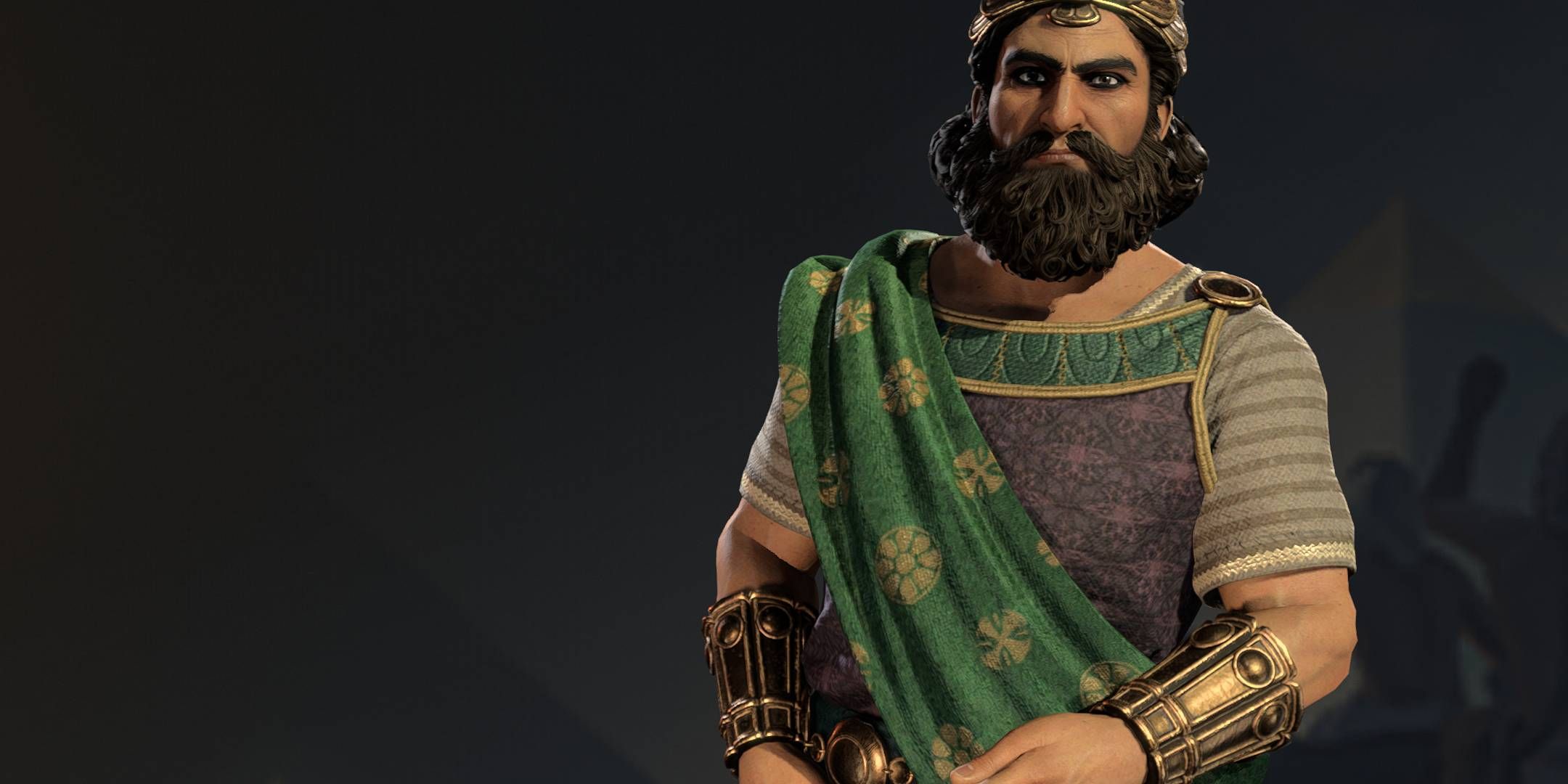
Related
Civilization 7: Every Attribute Tree And Their Unlocks
Here’s every Leader Attribute Tree in Civilization 7 and their available unlocks.
Missionaries
Missionaries are only available during the Exploration Age, which might seem odd to Civ vets. (And we’d agree with that assessment.) This is due to how religion works in Civ 7 – the religion mechanic is only truly available during the Exploration Age.
That’s not to say you won’t get some bonuses in the Modern Age based on your religion-related decisions of days past, but they’re often rather modest, and they’re not linked to any victory path, per se.
When you travel to a settlement without your religion, you’ll be given the option to Spread Religion. Importantly, you’ll need to do so on both an Urban tile and a Rural tile if the settlement has ever been influenced by a religion before this moment.
Your choice of name for a religion has no bearing on its gameplay mechanics, but the beliefs you establish will shape the religion to your gameplay-based tastes.
To Gospel Or Not To Gospel
We recommend deciding early into the Exploration Age whether you’re going to use Missionaries much because it’s actually better to go to one extreme or another with religion.
One of the potential Crisis events toward the end of the age will involve deciding via a prerequisite Narrative Event whether your people value their own religion highly, or value multiple faiths more so.
This will, in turn, affect your Crisis Social Policies, giving you an edge over these dark times per your choice.
By selecting the former, you can mitigate the negative effects of this Crisis if you have enough settlements following your religion. If you go with the latter option instead, you will benefit from a relative lack of organized religion.
Hoceepkileni: Shawnee Unique Missionaries
The Shawnee civilization has a unique Missionary, namely the Hoceepkileni. The Hoceepkileni can get where it’s going faster, as it has +1 Movement and can cross River tiles without ending their turn.
Kahuna: Hawaiian Unique Missionaries
Hawai’i has a unique Missionary of its own, the Kahuna. These are pretty sweet; they can heal adjacent units, which lets them serve in a more battle-oriented capacity, and they get you 25 Gold whenever they successfully convert a settlement.
Pedanda: Majapahit Unique Missionaries
Lastly, there’s the Pedanda, the Majapahit unique Missionary. They’ll also get you 25 Gold for converting a settlement, albeit only for the first time you do so; but you’ll also gain 25 Culture when it happens.
Treasure Fleets
During the Exploration Age, you’ll want to spawn Treasure Fleets if you’re aiming for the Economic Legacy Path. Doing so will accrue Treasure Fleet Points; you must reach set levels per milestone until you succeed in the Legacy Path’s overall requirement.
You don’t actually control when a Treasure Fleet is built. Rather, it happens after a set period of time whenever you’ve established a settlement with access to particular Resources on a Distant Land. Once that occurs, send the Treasure Fleet to the nearest Homelands settlement to unload their riches.
Thankfully, you can hover over Resources to see if they qualify prior to setting down roots in the vicinity. Similarly, you can check the menu to see how long it will be until each applicable Distant Lands settlement will spawn another Treasure Fleet.
Migrants
The Migrant is an itinerary traveler. If you fulfill one of numerous conditions, a Migrant will spawn in one settlement and can then be sent to any other within your empire to increase its population by one.
A common occurrence during the Plague Crisis is the appearance of Migrants in afflicted settlements, provided you select the related Crisis Policy Slot.
In our early testing, we were worried that the Migrants might spread the plague to new settlements; thankfully, that doesn’t appear to be the case. On the flip side, though, the plague is going to spread one way or another, so don’t take this to mean you’ve found a reprieve!
Explorers
You may recall the Archaeologists from Civilization 6. If so, you’ll have a decent starting point for understanding the Explorer, a Modern Age unit. Even so, the Explorer’s mechanics are a bit tough to grasp at first.
The overall idea is simple: you send Explorers to specially-designated ruins throughout the world in order to dig up artifacts. Doing so at a considerable enough clip is a win condition for the Cultural Victory path. Some of your more culturally-inclined rivals will be doing the same.
Complicating matters, you will only be able to dig up Exploration Age artifacts until you can create Museums. Even then, you must send an Explorer unit to a Museum so that they can learn how to dig up Antiquity Age artifacts before you ship them off to go excavate one.
If you don’t realize this, you’ll have wasted time sending the Explorer to a location only to be told that it can’t be tapped into, either because you cannot yet excavate Antiquity Age artifacts, or you can, but you have yet to have your Explorer learn how to do so.
There’s another issue: you can only dig up so many artifacts from each continent. When you’ve selected your Explorer, and you’re searching the map to find a suitable spot, keep an eye on the number that indicates how many artifacts you’ve excavated in each continent.
Phew. That’s it – but it’s a lot to get to grips on at first. We hope that’ll help you unearth all those distant treasures of your own long-ago makings.
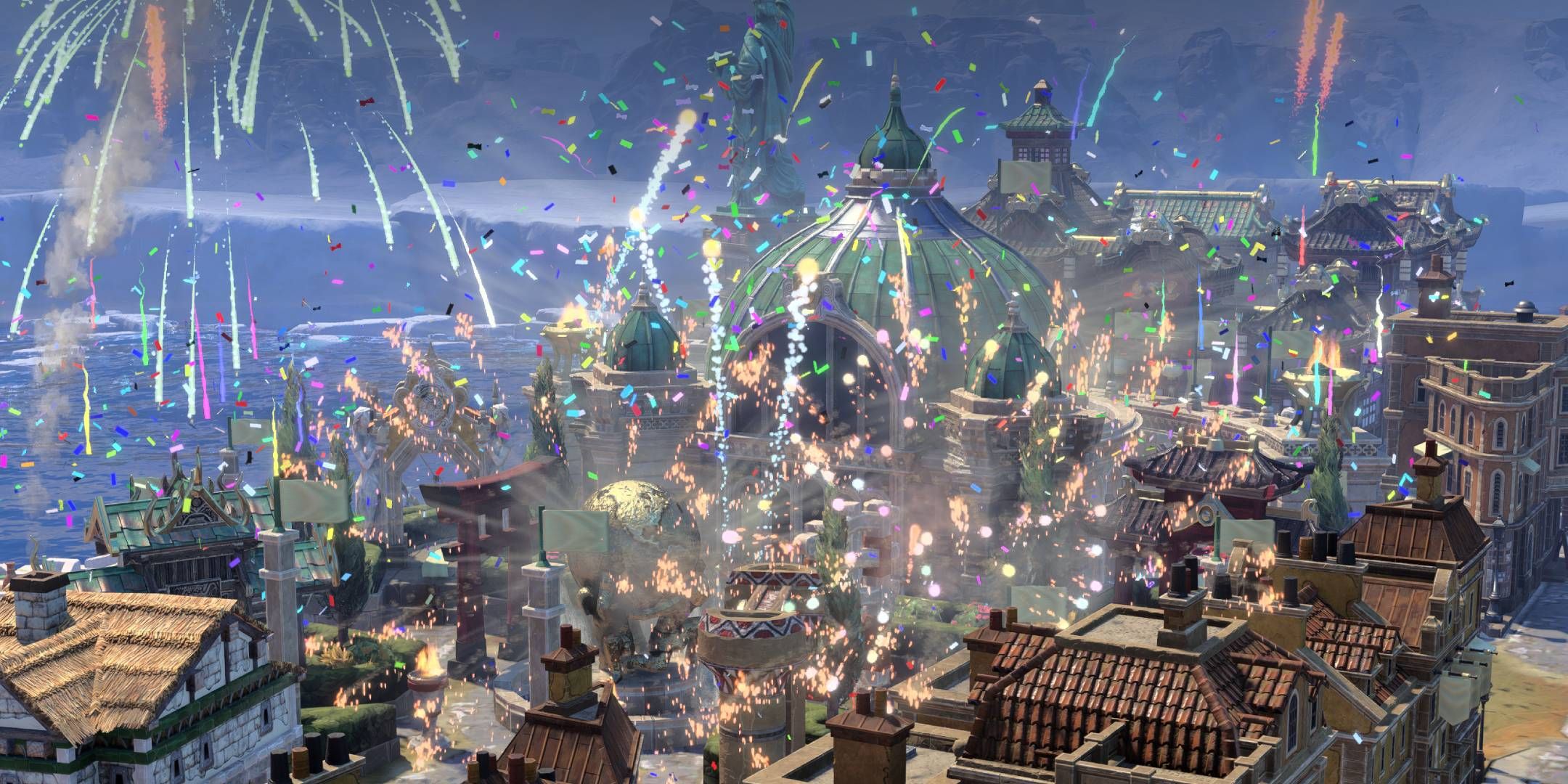
Next
Civilization 7: Explorers, Explained
Explorers are a Modern Age unit in Civilization 7, crucial for a culture victory in the final era.
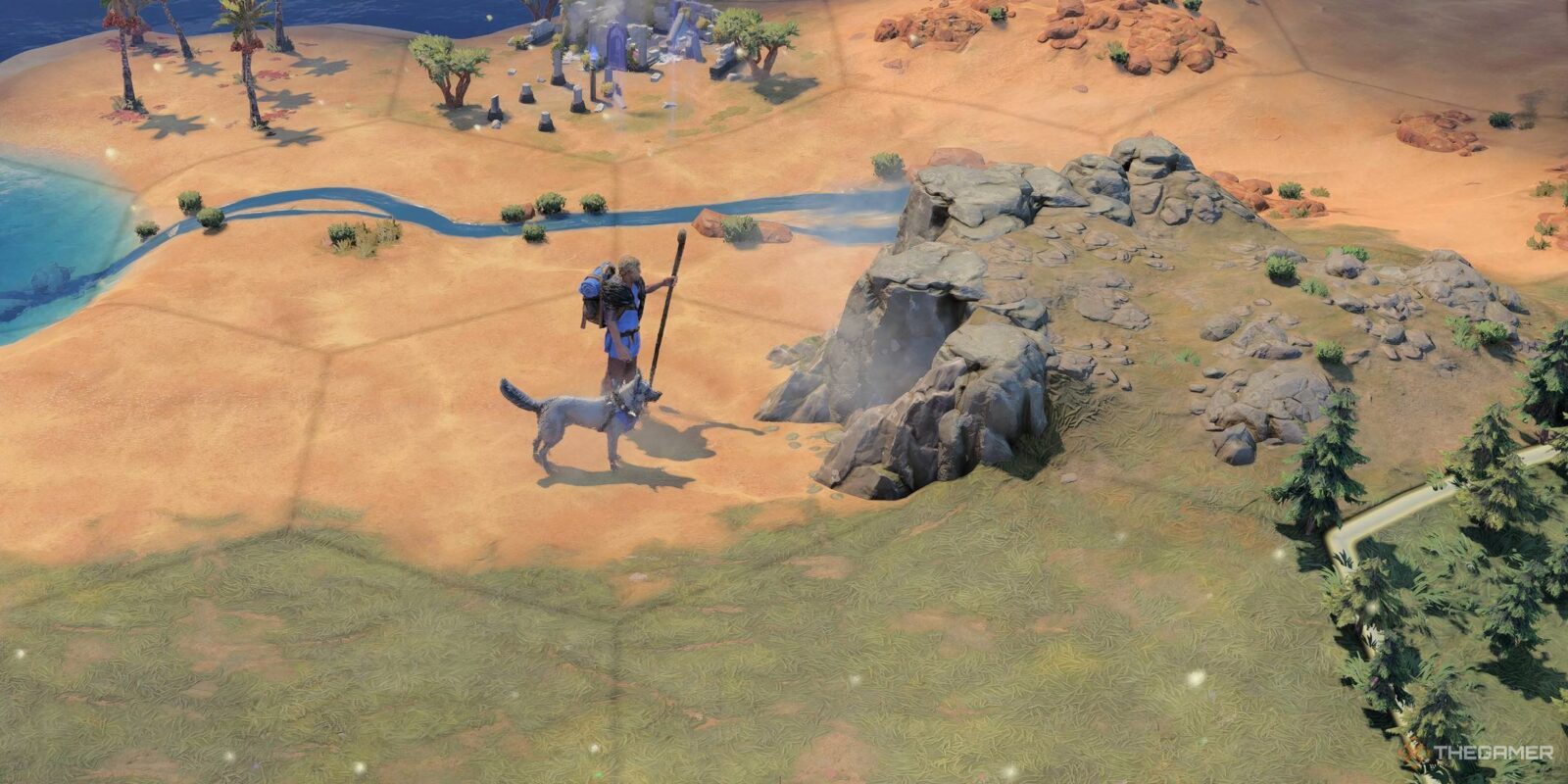

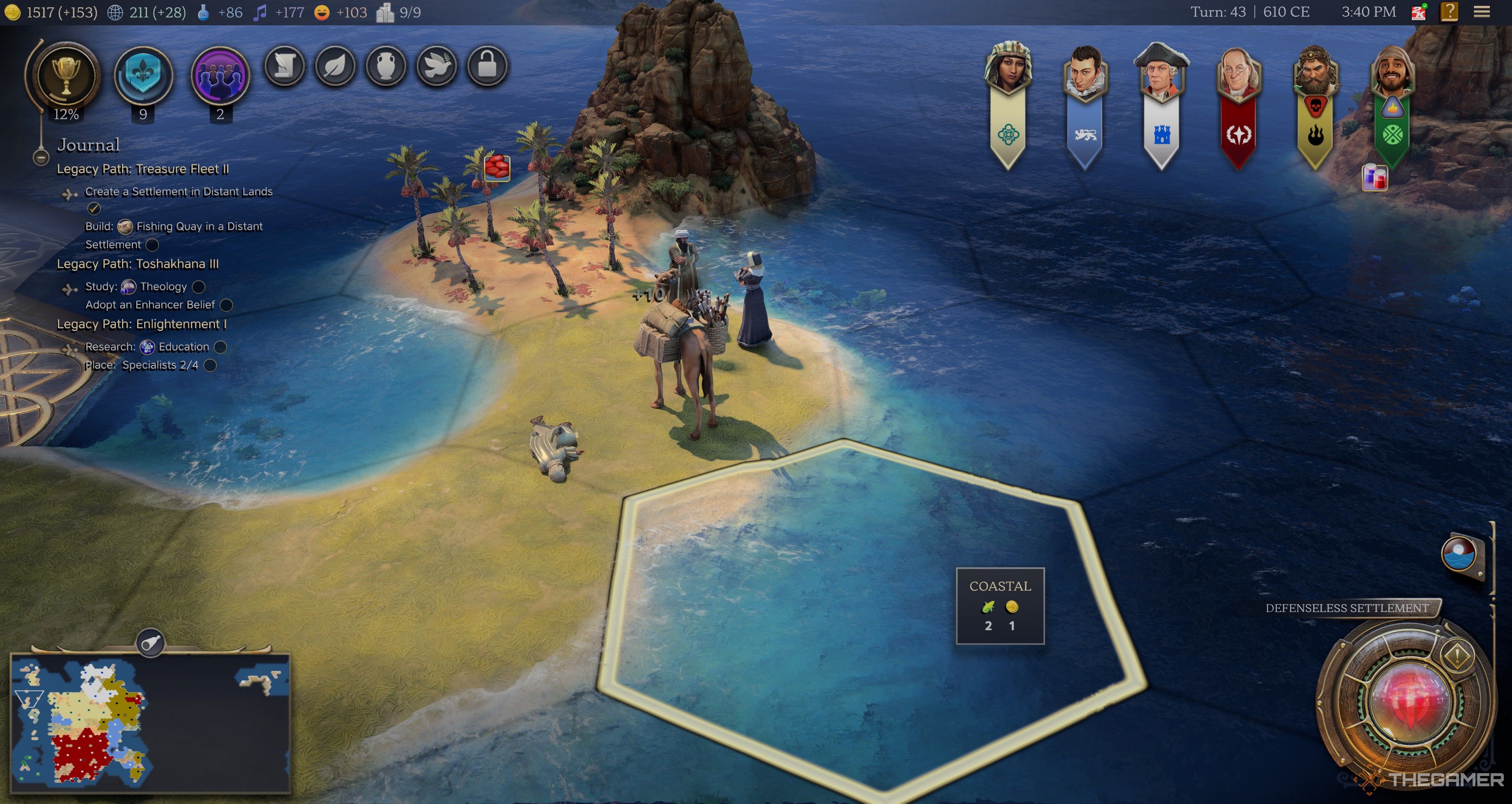
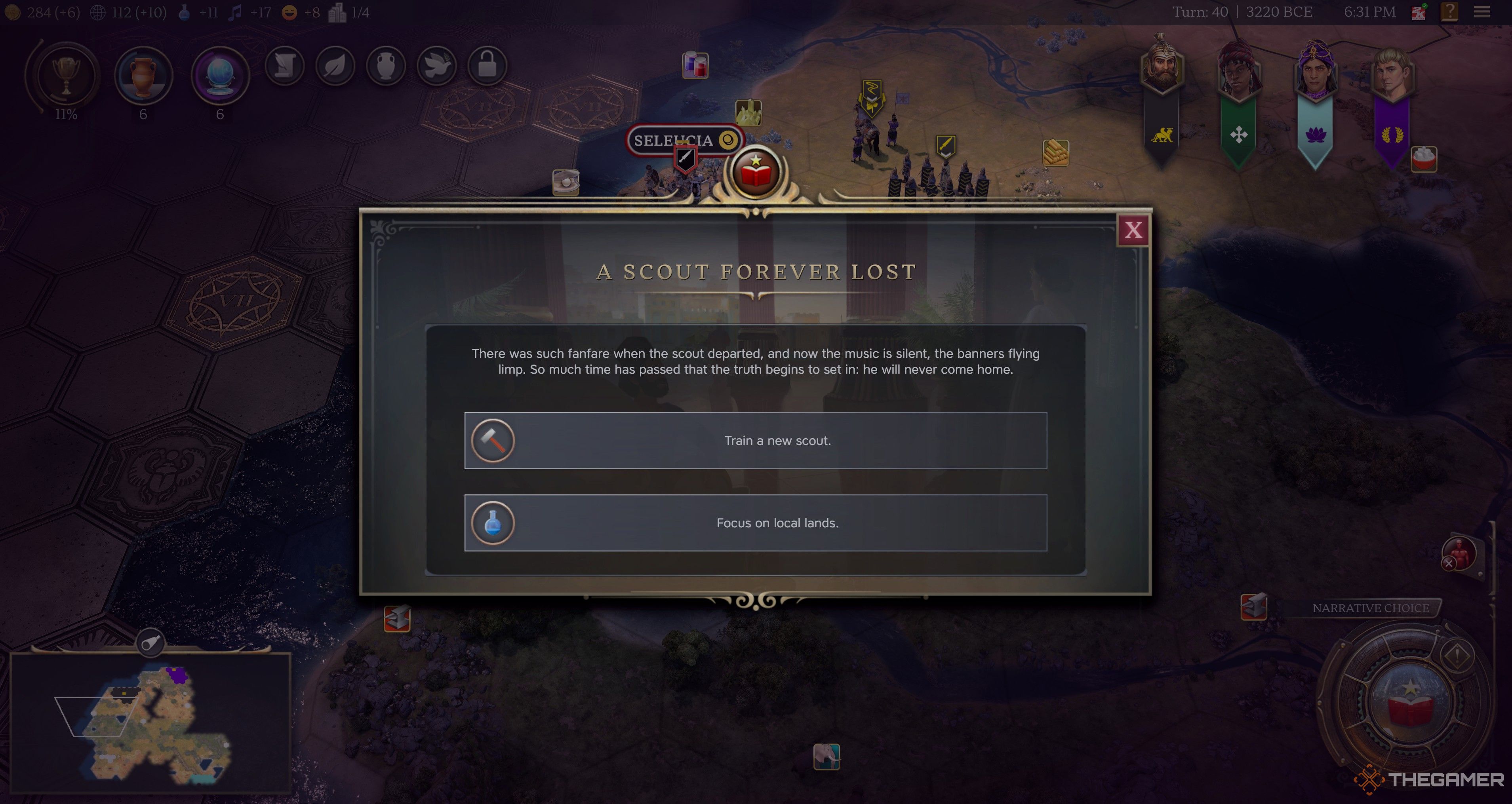
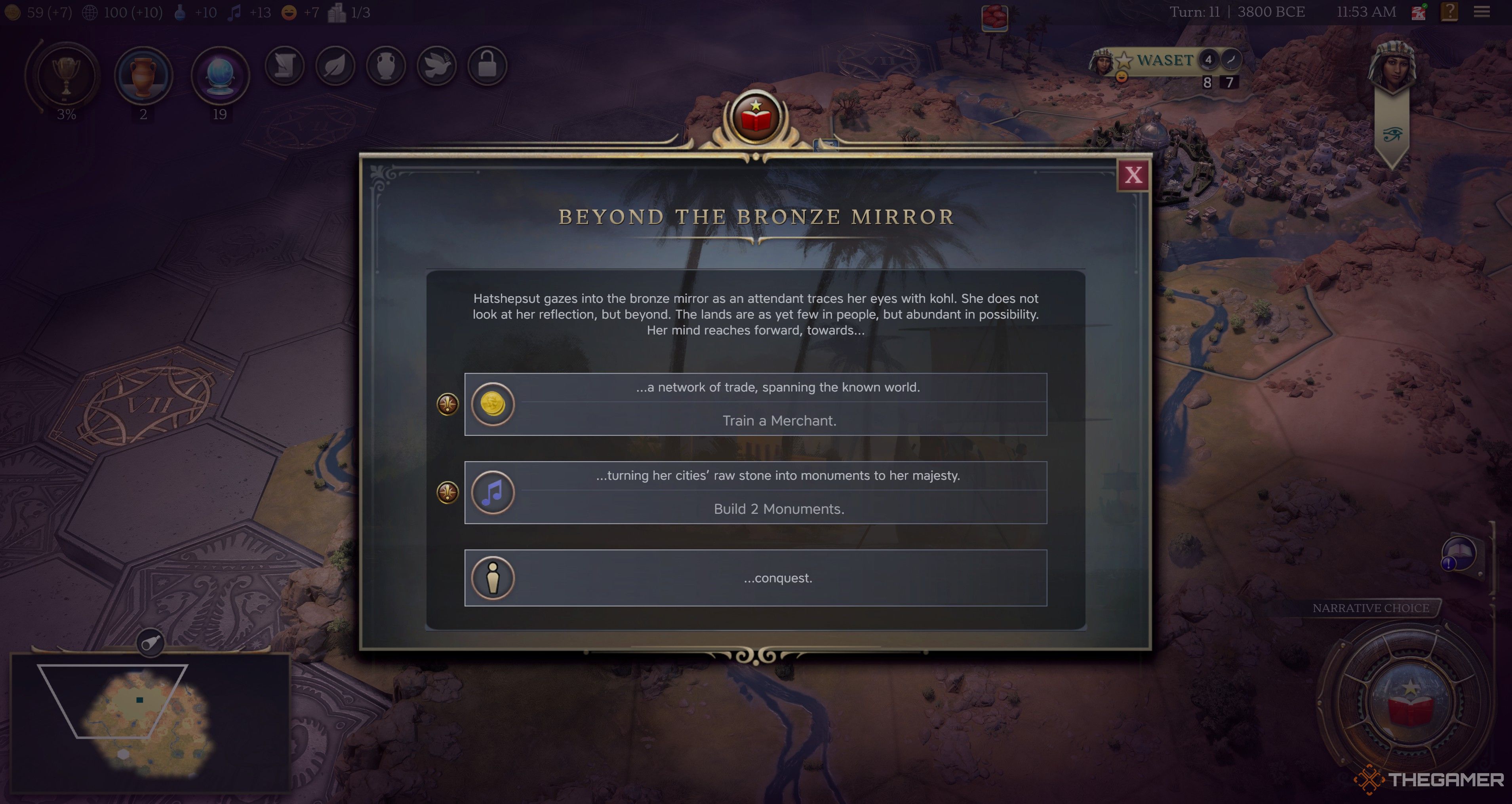
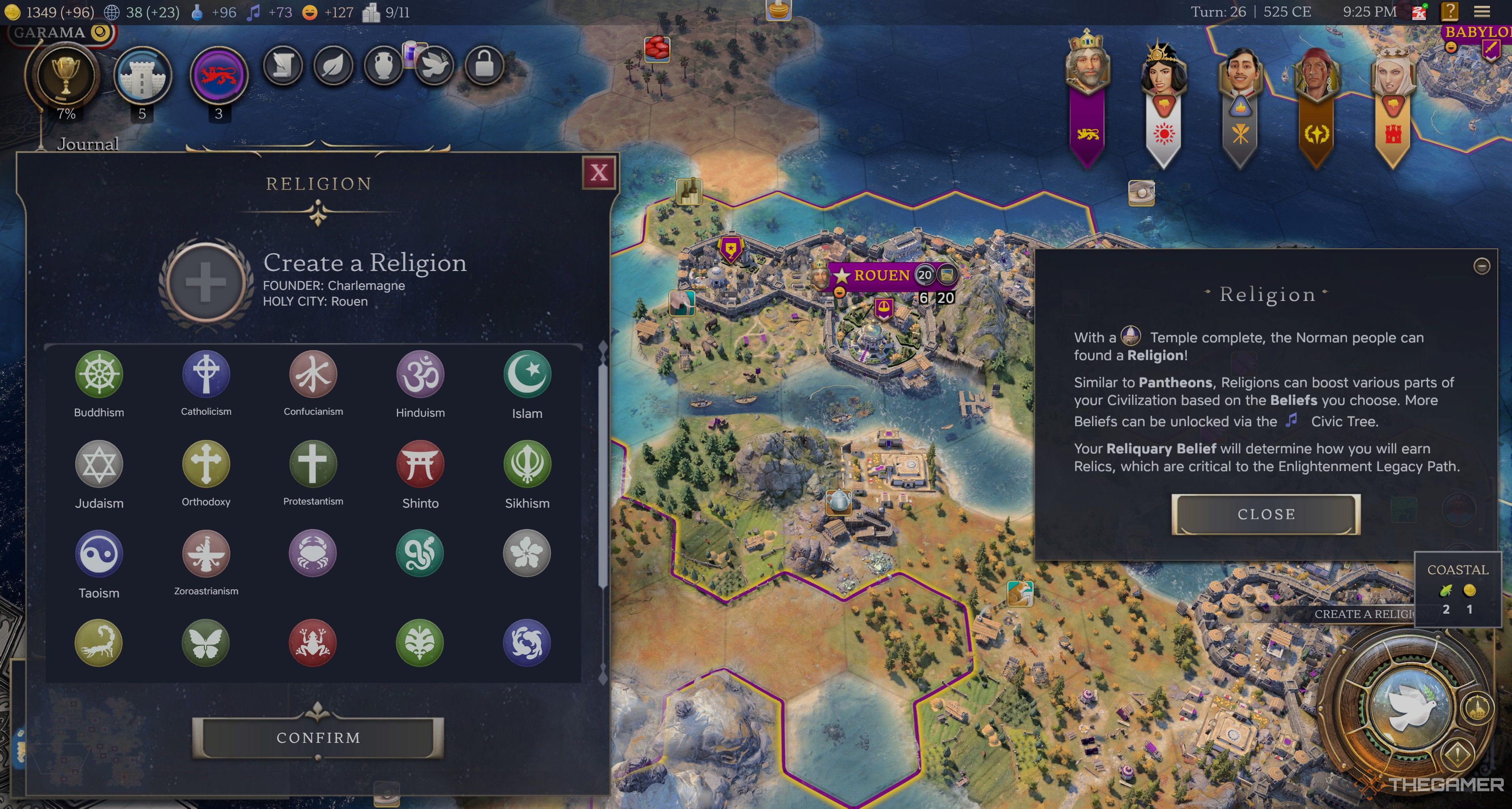
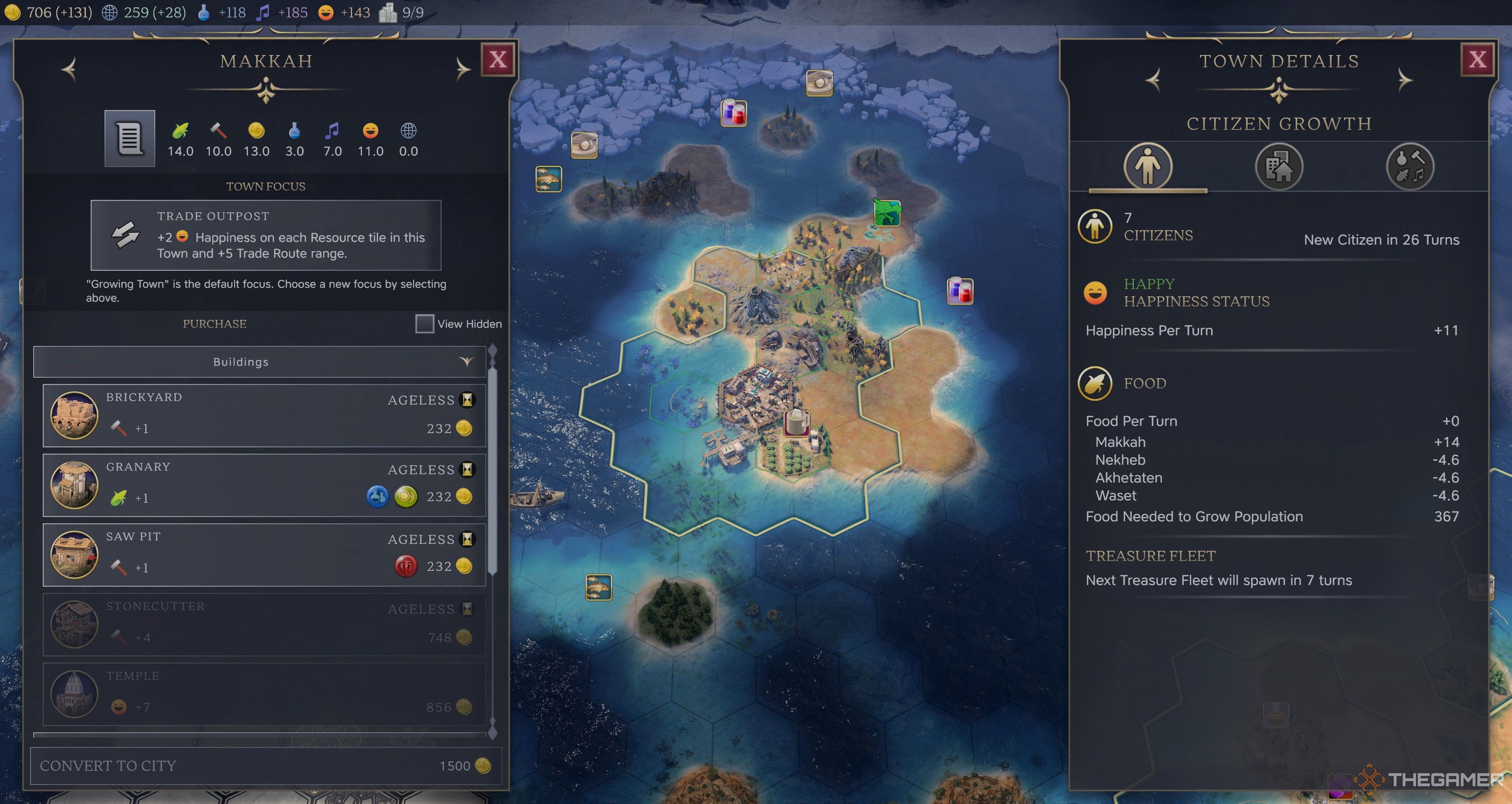
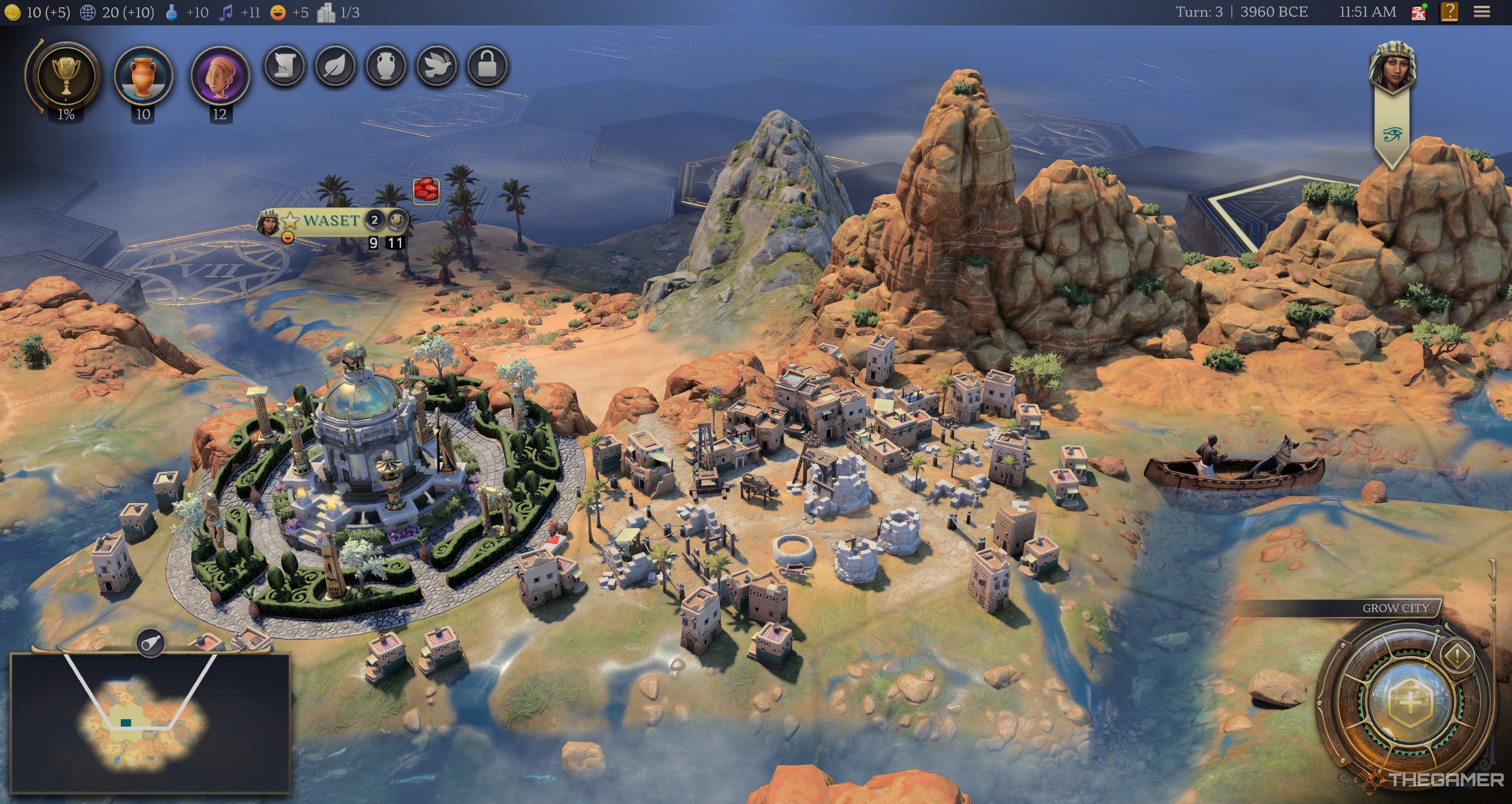
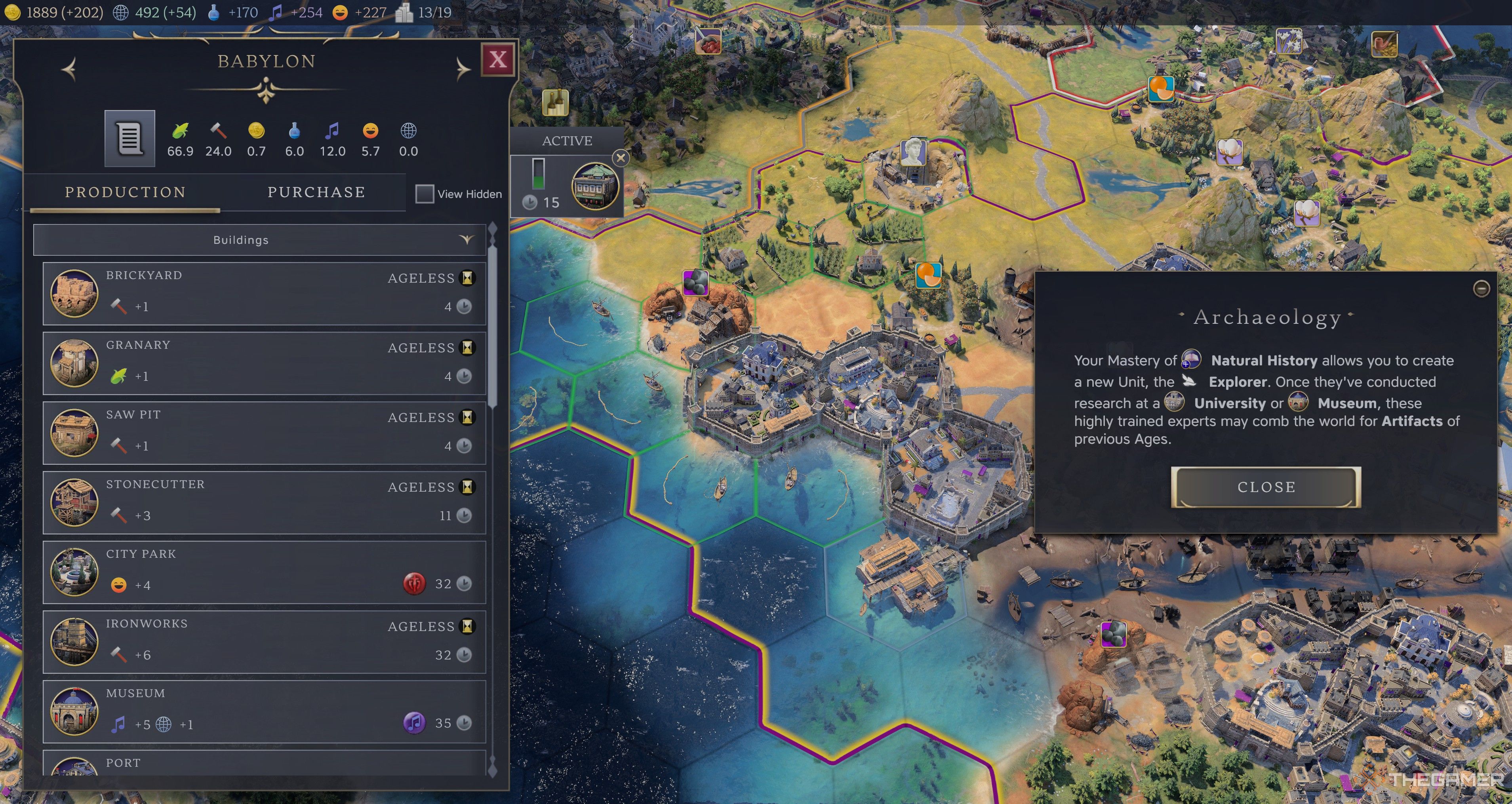






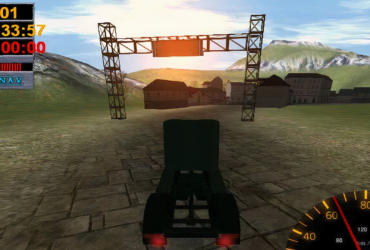



Leave a Reply